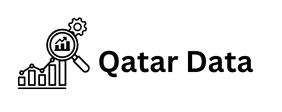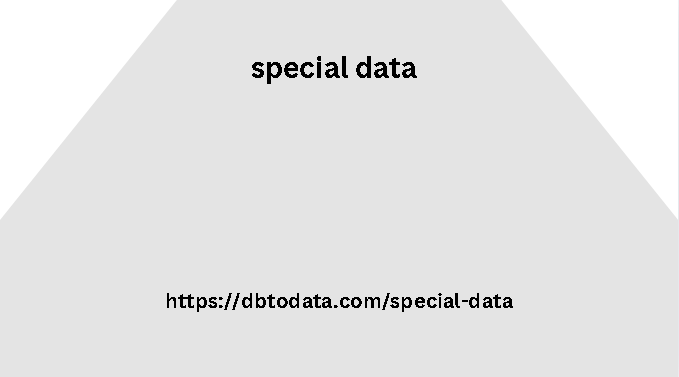Department of Health and Human Services, National Cancer Institute (HHS-NCI) Rebecca Johnson, Internal Revenue Service (IRS) If you find yourself struggling to adapt to changes in practices within your agency, you are not alone.
Efforts to manage major change
Within organizations and agencies often fail, not necessarily because of poor leadership, but because change, whether incremental or drastic, affects each employee differently. “Some people view change as a marathon, while others may adapt quickly based on their skills,” Vennell noted. “The depth of change is highly personalized.
Marks acknowledged that just
Broad changes within an organization affect individual employees differently, changes implemented across an organization will also produce different results in each location. “So organizations need some way to evaluate activity and understand overseas chinese in worldwide data Bwhere employees are in the process,” she said. When evaluating employee adaptation to change, leaders need to embrace differences in coping styles and reactions. If a team member or employee is reacting negatively to a change, they should be listened to.
Don’t demonize them
People are rarely the problem, usually they 30 years of html – off the rails from the start have the problem,” Vennell said. “You have to take the time to listen to their problems and not insist that your change is the best. Ask how you can compromise in the way that works best for the or rich data ganization.
Panelists generally agreed
that employee engagement is critical to acceptance of change. Even small efforts by leadership to open up communication and involve employees in the change process can lead to improvements. “Get people involved,” Johnson said. “Don’t just say you’ll do something within the agency because it’s your good idea. Explain things to people and listen to others. People should be part of the change, not have it happen to them.

